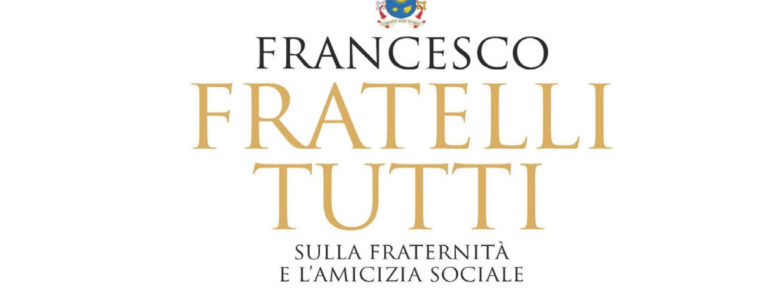In this post I explore citizenship education through the lens of Catholic teaching on education. I also make reference to Pope Leo XIII’s teaching on citizenship. I show that there is such a thing as a Christian ‘idea’ of citizenship. This might not sit comfortably in a society which seeks to marginalise (intentionally or unintentionally), the Christian voice.
Citizenship, education and religion
How citizenship education in the Catholic school is both understood and taught makes it a crucial feature of the contemporary educational scene.
Citizenship education flows from a political or civic desire to build community cohesion – universally deemed a ‘good thing’. How to promote, far less achieve, this in a multi-cultural society remains problematic.
For some, citizenship education is a ‘secular’ version of religious education: values emerge, it seems, from reason alone without a concomitant contribution from revealed religion. Although religious belief and practice should be fundamental parts of citizenship education, contemporary articulations of citizenship education minimise discussion of the difficult issues arising from religious faith or identity. Nonetheless, the number of children of all faiths and none who are educated in Catholic schools should place the Catholic school not at the margins but at the heart of citizenship education.
Religions, of course, are an expression of diversity. This leads to the following question: is contemporary education a means of monopolising thought and values within a conceptual framework which purports to be inclusive but, intentionally or otherwise, fails in this objective?
Read more >>










